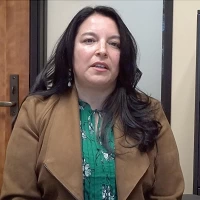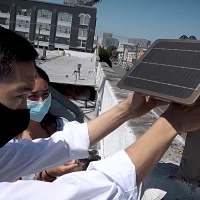What Is Groundwater?
There is more fresh water stored underground in Northern California than is accessible from surface water sources, such as lakes, rivers and streams. To understand just how essential groundwater is, we’ll need to learn about how it is stored in the earth, how we bring it to the surface, and how it…

 Live Radio
Live Radio

















